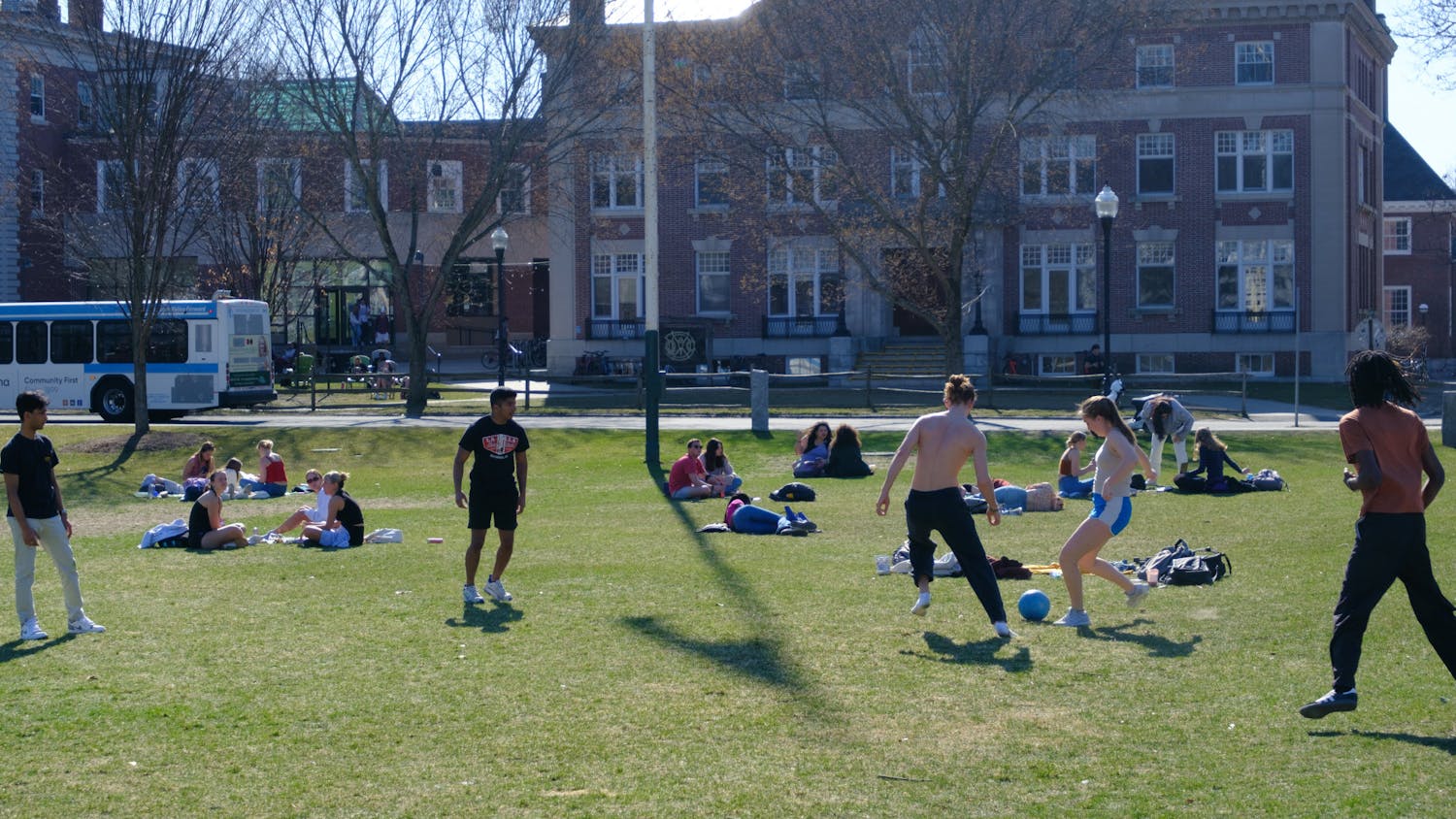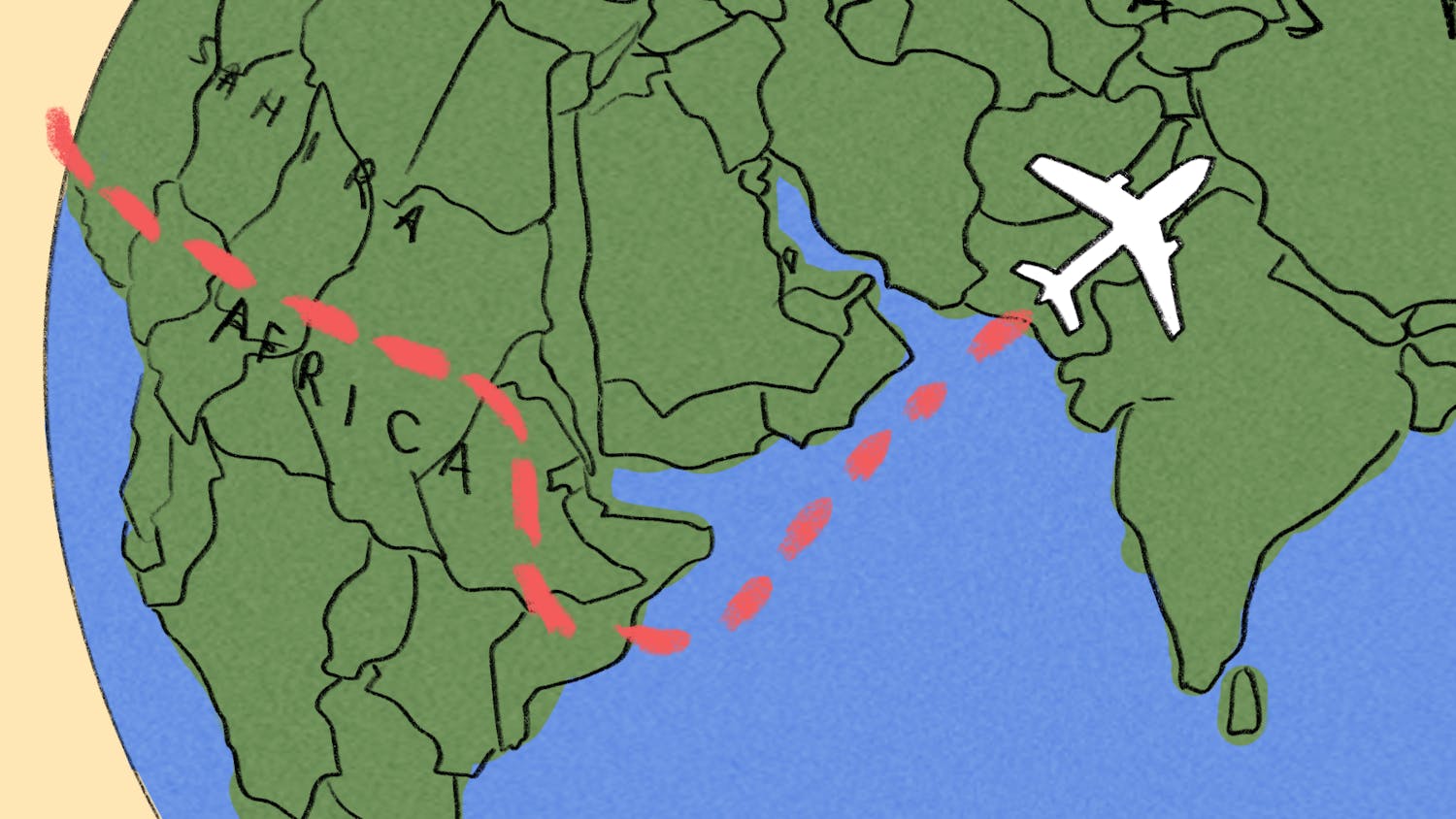Of all the genres of music trending among the kids these days, it’s hip-hop and rap that present themselves as the most consistently engaged in enigmatic epistemic claims. “You know what it is,” incants Wiz Khalifa on his celebrated track “Black and Yellow.” “This is a thousand dollar cup of lean,” says Rocko, “U.O.E.N.O it.” And T.I.: “Yeah, you know they call me T.I., but you don’t know me!”
It’s a musical realm riddled with strange assertions about what we, as listeners, do or do not know. What is it, anyway, that Wiz Khalifa is so sure we know? Philadelphia? Darn right I know what Philadelphia is. About time somebody with a voice acknowledged it. And how about that thousand dollar cup of lean Rocko says I don’t know about? Odd, because you just told me about it, Rocko. What an exquisite paradox!
Knowledge is such a fickle and precious institution. My parents always told me, “It’s not what you know but who you know” — a proposition that rankled me for years as I devoured flat facts and became a nationally competitive quiz bowl player. Knowing thousands of things about art history and Greek mythology might have landed me a fat stack of medals and ribbons, but it sure didn’t do diddly for me when I got to college. My sense of how much knowledge was out there to be had, and how much of it I have myself, has also exploded in my face.
Even zanier have been the results of a protracted informal experiment I’ve conducted into what most people call “common knowledge” over the past few years. Common knowledge is what, we suppose, most everybody knows. Alaska is cold, George Washington is on the one-dollar bill, Pluto’s not a planet anymore, dinosaurs are gone and so on. What’s queer is how wrong we can be about the items on the fringes of common knowledge and how we react when we find out we’re wrong. This curiosity of mine was born during a sophomore summer class when a professor opened, “Take the example of a quark. Everyone knows what a quark is, right?” To which one student responded “No, what is that?” I gawked. Surely, anyone rightfully enrolled in an Ivy League school — nay, any serious institution of higher learning at all — would know what a quark is.
I recounted this story to a group of my peers later that evening to find that several also did not know what a quark is. Some had a vague idea that quarks had something to do with science, but that was it. Those who did know what a quark was, however, were likewise aghast at those who did not. Two other incidents repeated the phenomenon. After an argument over whether a bottle of champagne would suffice to fulfill a debt of a bottle of wine to me (since, my opponent maintained, champagne isn’t wine), I polled almost 40 of my friends to see whether they could settle the disagreement. Many were sure that champagne wasn’t a kind of wine — it was as different from wine as beer. But those who knew that champagne is indeed a kind of wine were incredulous at their peers’ apparent ignorance. The last example was the Sierpinski triangle, a paradigmatic fractal which, for some reason, I thought everyone knew about. I asked an entire party full of Dartmouth students and not one recognized the name.
The point isn’t that I know so much stuff and I’m surrounded by a spectrum of fools, for oftentimes I find myself in the center of a conversation about a topic that everyone is apparently quite familiar with, yet which is perfectly obscure to me (e.g. the Pac/Mayweather fight of recent weeks). It’s just that most people go about their doggy lives with a little too much confidence in the gross similarities of their knowledge bases compared to those of their fellow synergoi in the struggle of human life. And my findings, (which I consider remarkable, have your own opinion if you’d like) are drawn from a relatively homogeneous, small body of contemporaries. Imagine how drastic the disparities in common worldviews between a Texan and an Amazon, a Persian and an Incan, Kony and a Brony?
One of my high school teachers said of me once, but not in my presence, that, “The thing about Horowitz is that one day he’s going to realize that he’s not as smart as he thinks he is. But it will happen in the middle of the night, so no one else will ever know.” That prophecy has more or less come to pass, not once but repeatedly. College has been a Sisyphean exercise in acquiring the most terrible and necessary knowledge out there — knowing ever more precisely just how smart, cool, good or attractive I am and so on. It’s harsh knowledge, in a way, because it thwarts the twin comforts of false hope and baseless self-deprecation. It requires you, a la Socratic conceit, to admit that your wisdom consists in knowing just how little you know — if you know anything at all — to be the stinging gadfly of your own sluggish horse. I came to this liberal arts education with little expectation for the know-how, know-whom or know-what it would teach me. Dartmouth doesn’t teach you how to love, how to learn for yourself, how to live freely. At least, I can fairly say, Dartmouth taught me how to Dougie.



